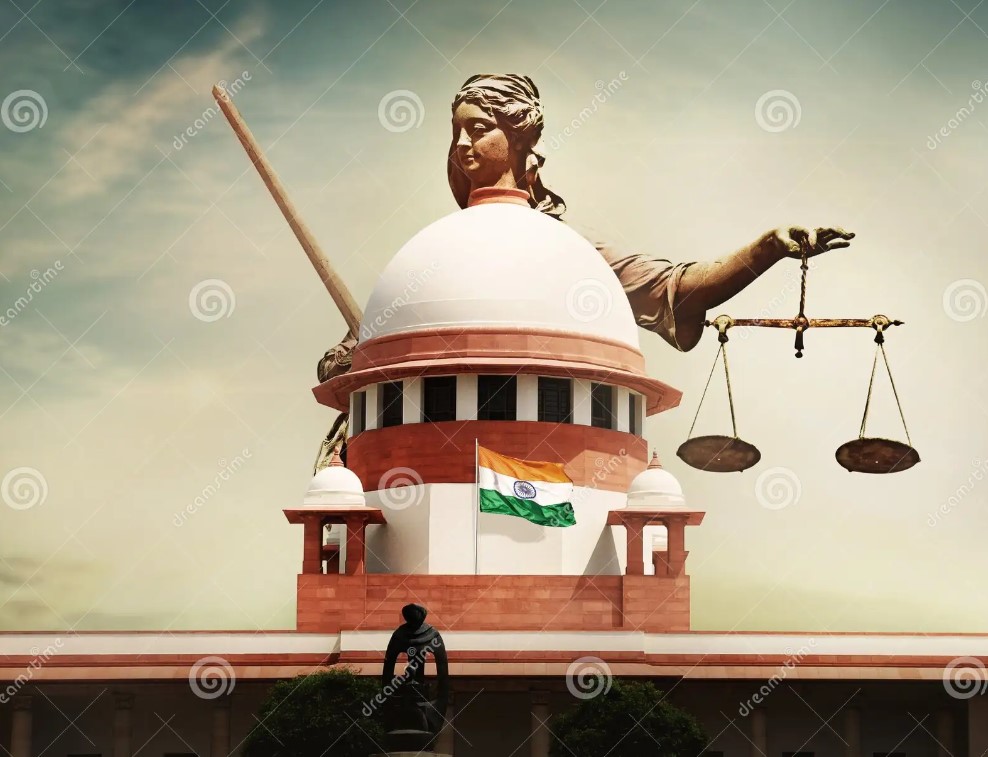


In a significant ruling, the Supreme Court of India addressed the case of Mool Chandra versus Union of India & Anr., bringing justice to a long-standing dispute. The judgment, delivered by Justice Aravind Kumar, culminated in a pivotal decision that highlights crucial aspects of administrative and disciplinary proceedings within the Indian Statistical Services.
Mool Chandra, the appellant, was appointed to the Indian Statistical Services in 1982 and underwent several promotions until 1992. In 1996, he was reverted to the post of Deputy Director due to a previous Supreme Court judgment. Subsequently, he was promoted again in 2005. However, his career faced a major setback when he was suspended in 1997 following a complaint by his wife, accusing him of deserting his family and living with another woman. Despite his wife's subsequent withdrawal of the complaint, the inquiry officer continued the investigation and found him guilty of desertion, leading to his dismissal in 2000.
In 2002, Mool Chandra's appeal to the Central Administrative Tribunal (CAT) resulted in the quashing of the dismissal order. The Tribunal observed that the punishment was disproportionate to the alleged misconduct and remitted the case to the disciplinary authority. Consequently, Mool Chandra was reinstated in 2003, with a minor penalty imposed later.
Mool Chandra's efforts to seek complete exoneration and promotions on par with his juniors led to multiple representations and legal actions. Despite the Tribunal's directives and subsequent orders from the disciplinary authority, his quest for justice remained unresolved, resulting in his retirement in 2016 without the desired relief.
Justice Aravind Kumar meticulously examined the case, acknowledging the errors and delays in the previous proceedings. The judgment emphasized that a litigant should not suffer due to their counsel's mistakes. The Court highlighted the necessity for a liberal interpretation of "sufficient cause" to advance substantial justice.
Liberal Interpretation of Sufficient Cause:
Tribunal and High Court Errors:
Remedy and Relief:
Consequential Benefits:
The Supreme Court's ruling in Mool Chandra's case underscores the importance of fair and just administrative proceedings. It reiterates that justice should not be compromised due to procedural lapses or counsel's errors. This verdict is a significant step towards ensuring that disciplinary actions within government services are conducted with due diligence and fairness.
TAGS: Supreme Court Mool Chandra Union of India Administrative Tribunal Disciplinary Proceedings Reinstatement Delay Condonation Consequential Benefits